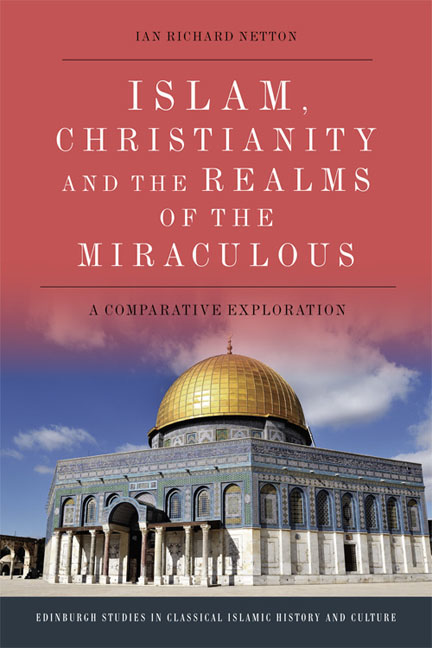6 - Cosmology
Published online by Cambridge University Press: 18 December 2019
Summary
Proto-miracles: the Standing of the Sun and the Moon
Judaeo-Christian
In the Old Testament Book of Joshua, the people of Israel, led by Joshua, make a treaty with an important town called Gibeon. The Gibeonites are then besieged by an alliance of their enemies, but Joshua comes to their aid. He implements an astonishing cosmological pact between Israel and God in which he is able to command the sun and the moon: Joshua tells the sun to stand still above Gibeon and commands the moon to do the same over the Vale of Aijalon. The sun and the moon obey, with the sun not setting for nearly the entire day. The power exhibited is, of course, God's but Joshua here performs as an instrument of divine power.
J. R. Porter notes that the sun god, Shamesh, may well have been worshipped in the sanctuary at Gibeon and locates the origins of the theme of the stilling of the sun and the moon in an ancient poem which had originally been directed to the astral deities of Canaan but was now deployed by Joshua in his address.
The NJBC stresses that warfare narratives frequently feature cases in which the Divine suddenly exerts a magisterial control over the elements and that biblical poetry often gives us instances where astral phenomena like the sun and the moon join forces with God to fight on the side of Israel. The NJBC adds that, for some at least, we are in the presence of a real miracle and not just a solar eclipse: it believes that the various attempts to interpret what happened as such an eclipse are ‘misguided’.
Islamic
Joshua does not appear by name in the Qur'an. However, scholars have identified possible references of which perhaps the most intriguing is the identification of Moses’ ‘companion’, ‘servant’ or ‘youth’ (fatā) with Joshua as Moses seeks ‘the junction of the two seas’ (majmaʿ al-baarayn) in the Sura of the Cave.
In the Islamic account of Ibn Kathir, who cites what is clearly an Old Testament source (dhakara ahl al-kitāb), Joshua (Yūshaʿ) b. Nun crosses the River Jordan with the Israelites and arrives at the city of Jericho (Arīḥā), a well-fortified and heavily populated city.
- Type
- Chapter
- Information
- Islam, Christianity and the Realms of the MiraculousA Comparative Exploration, pp. 158 - 183Publisher: Edinburgh University PressPrint publication year: 2017



